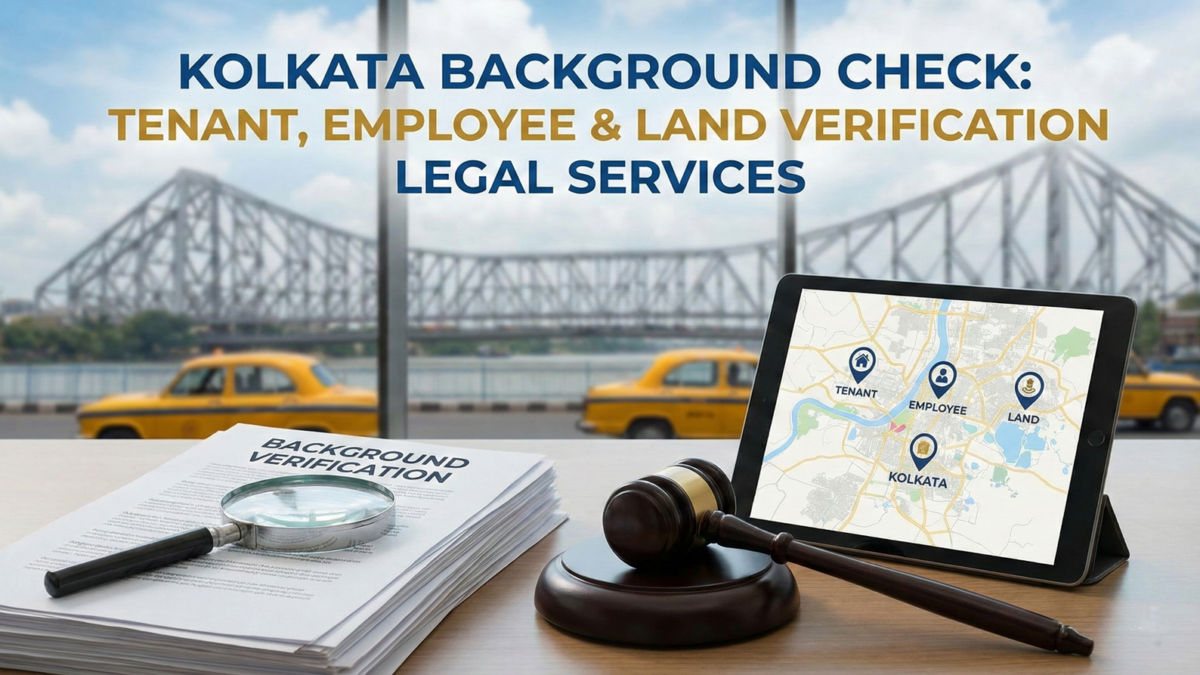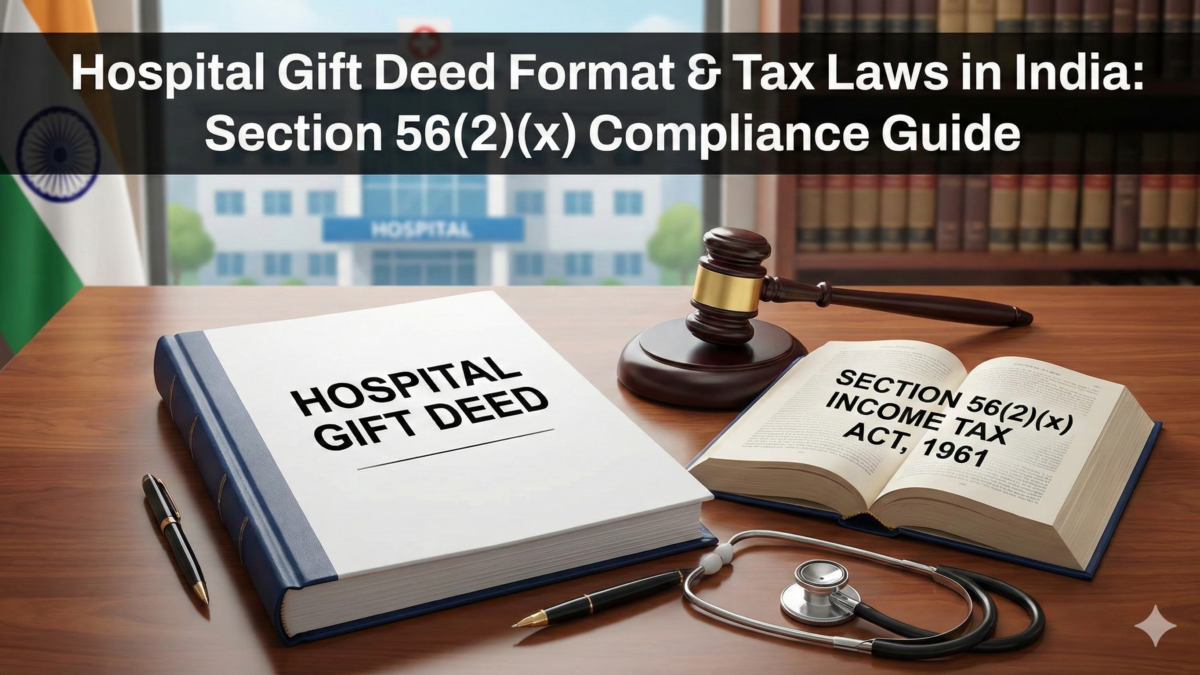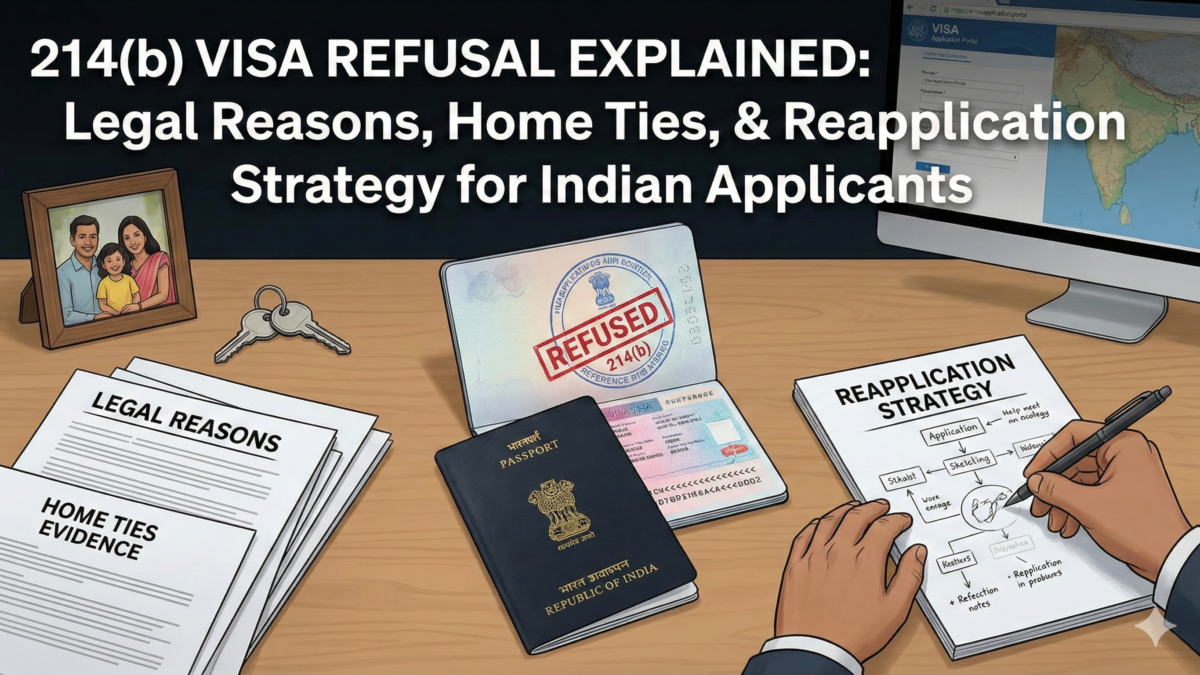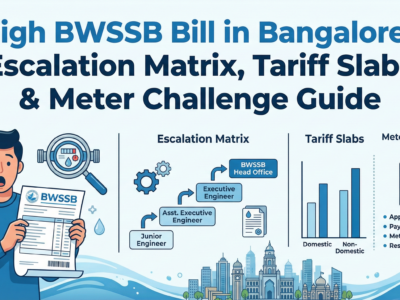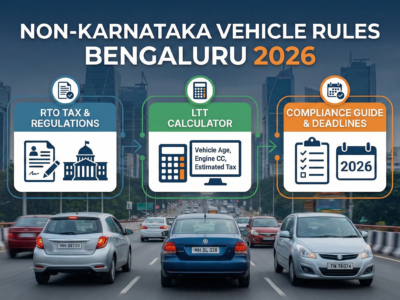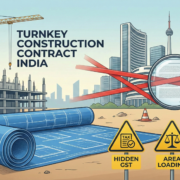
Introduction:
- Kolkata, with its rich cultural heritage and vibrant lifestyle, attracts people from various parts of the world.
- Non-residents in Kolkata may find the legal landscape unfamiliar, requiring a guide to navigate the local legal system effectively.
- This article aims to provide insights and essential information for non-residents seeking to understand and engage with Kolkata’s legal framework.
Understanding Local Laws:
- West Bengal, the state where Kolkata is situated, has its set of laws and regulations.
- Non-residents must familiarize themselves with both state and national laws that might impact their stay or activities.
- Key areas to explore include property laws, tenancy laws, and regulations related to business and employment.
Residential Tenancy Laws:
- Non-residents renting property in Kolkata should be aware of the West Bengal Premises Tenancy Act, 1997.
- The Act outlines the rights and obligations of landlords and tenants, providing a legal framework for residential tenancies.
- Understanding rent control laws, eviction procedures, and tenant rights is crucial for a smooth living experience.
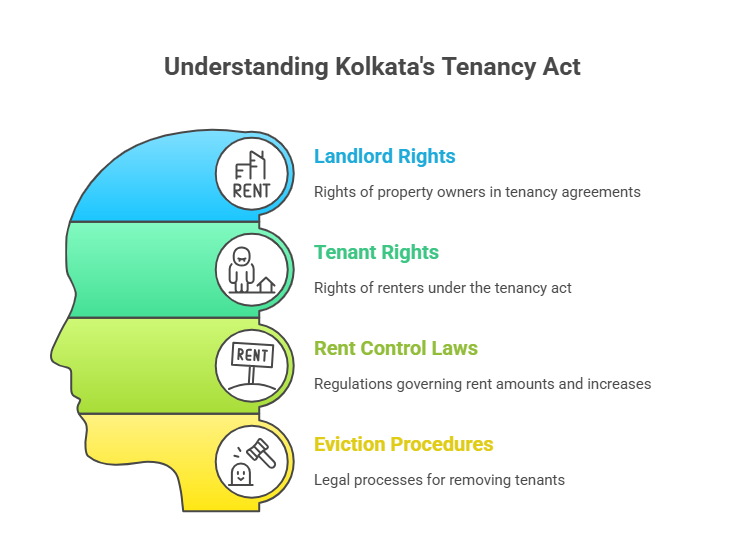
Property Purchase Regulations:
- Non-residents interested in buying property in Kolkata must adhere to specific regulations.
- The Foreign Exchange Management Act (FEMA) regulates foreign investment in real estate.
- Non-residents may need prior approval from the Reserve Bank of India (RBI) for property transactions.
Business and Employment Laws:
- Those engaging in business or employment in Kolkata must understand relevant laws.
- The Shops and Establishments Act governs the working conditions of employees in commercial establishments.
- Compliance with labor laws, taxation regulations, and other business-related legislation is essential for non-resident entrepreneurs.
Legal Documents:
- Non-residents should ensure that all legal documents, including visas, work permits, and lease agreements, are in order.
- Keep copies of essential documents, such as passport, visa, and identification, readily available.
- Verify the authenticity of documents related to property transactions to prevent legal complications.
Taxation Laws:
- Understanding taxation laws is crucial for non-residents earning income in Kolkata.
- The Income Tax Act governs the taxation of individuals, including non-residents.
- Seek advice from tax professionals to ensure compliance with tax regulations and to optimize tax liabilities.
Legal Aid and Representation:
- Non-residents facing legal issues should seek assistance from qualified legal professionals.
- Kolkata has a robust legal system with experienced lawyers specializing in various fields.
- Engaging a local attorney ensures proper representation and understanding of the nuances of the local legal system.
Consumer Rights and Protections:
- Non-residents engaging in commercial transactions should be aware of their consumer rights.
- The Consumer Protection Act, 2019, provides a framework for protecting consumers from unfair trade practices and ensuring the quality of goods and services.
- Exercise due diligence when making purchases or entering into service agreements.
Cultural Sensitivity:
- Understanding cultural nuances is essential when navigating the legal system in Kolkata.
- Respect for local customs and traditions can positively influence legal interactions.
- Working with legal professionals who understand the cultural context can enhance communication and collaboration.
Local Dispute Resolution Mechanisms:
- Kolkata has various forums for dispute resolution, including consumer courts, rent control courts, and labor tribunals.
- Consider alternative dispute resolution methods such as mediation or arbitration for quicker resolution of disputes.
- Knowing the available forums for dispute resolution can help non-residents choose the most appropriate and efficient option.
Police and Law Enforcement:
- Non-residents should be aware of local law enforcement agencies and emergency contact numbers.
- Report any legal concerns or incidents promptly to the local police.
- Familiarize yourself with local police stations and procedures for reporting crimes or seeking assistance.
Community Support:
- Joining expatriate or community groups can provide valuable support and information.
- Non-residents can share experiences, seek advice, and receive guidance from others who have navigated the local legal system.
- Community networks can be instrumental in connecting with legal professionals and accessing reliable information.
Regular Updates:
- Stay informed about changes in local laws and regulations.
- Subscribe to legal updates and news sources to stay abreast of any amendments or additions to existing laws.
- Regular updates ensure that non-residents remain aware of their rights and responsibilities in Kolkata.
Conclusion:
- Navigating Kolkata’s legal system as a non-resident requires a combination of understanding local laws, seeking legal advice, and embracing cultural sensitivity.
- By familiarizing themselves with legal frameworks and seeking assistance when needed, non-residents can ensure a smooth and legally compliant experience in this vibrant city.
What is your reaction?
Excited
0
Happy
0
In Love
0
Not Sure
0
Silly
0

